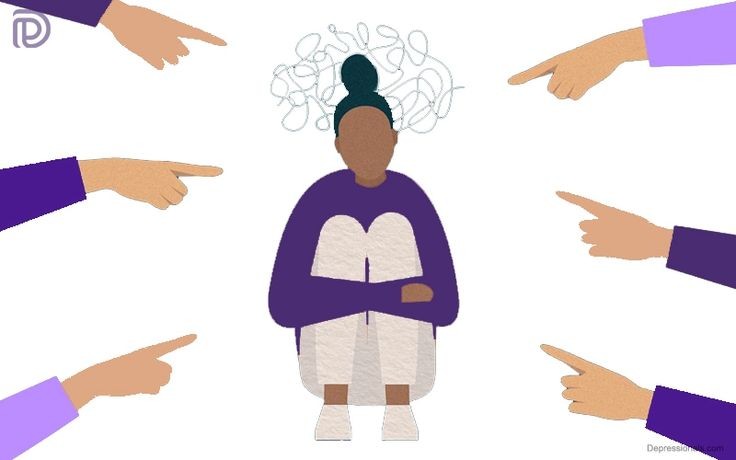Warning: Undefined array key "HTTP_REFERER" in /www/domains/textandtext.com/view/web/text.php on line 17
The Psychological Impact of Social Stigma: Understanding the Hidden Wounds


Hey there! Let’s chat about something that often flies under the radar but affects so many people: social stigma and its psychological toll. You might have heard the term "stigma" tossed around, but what does it really mean? Simply put, stigma refers to the negative attitudes and beliefs that society holds towards certain groups of people. This can lead to feelings of shame, isolation, and even mental health issues. In this article, we’ll dive into the psychological impacts of social stigma and why it’s crucial to address this issue.
▎What is Social Stigma?
Social stigma is like a heavy backpack that some people carry around—it's full of judgment, stereotypes, and discrimination. Whether it's due to mental health issues, sexual orientation, race, or any other characteristic, stigma can make individuals feel like they don’t belong. This feeling of exclusion can have serious consequences on one’s mental health.
▎The Psychological Effects of Stigma
▎1. Low Self-Esteem
One of the first casualties of social stigma is self-esteem. When society labels someone as “different” or “less than,” it can lead to a negative self-image. People start to internalize these beliefs, thinking they’re not good enough or that something is wrong with them. This can spiral into anxiety and depression.
▎2. Isolation and Loneliness
Stigmatized individuals often feel isolated. They might avoid social situations for fear of judgment or rejection. This withdrawal can create a vicious cycle where loneliness exacerbates mental health issues, leading to further isolation.
▎3. Increased Anxiety and Depression
The constant worry about being judged or discriminated against can lead to heightened anxiety levels. Over time, this can develop into more severe mental health conditions like depression. It’s a tough battle when you’re not just fighting your own feelings but also the perceptions of others.
▎4. Fear of Seeking Help
Many people who experience stigma are reluctant to seek help. They may fear being labeled or judged by mental health professionals or peers. This can prevent them from getting the support they need, further worsening their mental health.
▎Breaking Down the Barriers
So, how can we tackle this issue? Here are some practical steps:
▎1. Education and Awareness
Understanding stigma is the first step in combating it. By educating ourselves and others about mental health and the experiences of marginalized groups, we can challenge stereotypes and promote empathy.
▎2. Open Conversations
Let’s normalize talking about mental health! The more we discuss these topics openly, the less stigma there will be. Encourage friends and family to share their experiences and listen without judgment.
▎3. Support Systems
Creating supportive communities is vital. Whether it’s through online forums, support groups, or local organizations, having a network of understanding individuals can make a huge difference.
▎4. Advocacy
Get involved in advocacy efforts aimed at reducing stigma. This could mean supporting policies that promote mental health awareness or participating in campaigns that challenge societal norms.
▎Conclusion
Social stigma is a heavy burden for many, leading to significant psychological harm. By understanding its effects and working collectively to break down barriers, we can create a more inclusive society where everyone feels accepted and valued. Remember, it’s okay to seek help and support—no one should have to face their struggles alone!
If you found this article helpful, feel free to share it with friends or on social media! Let’s spread awareness and work together to fight against stigma.







